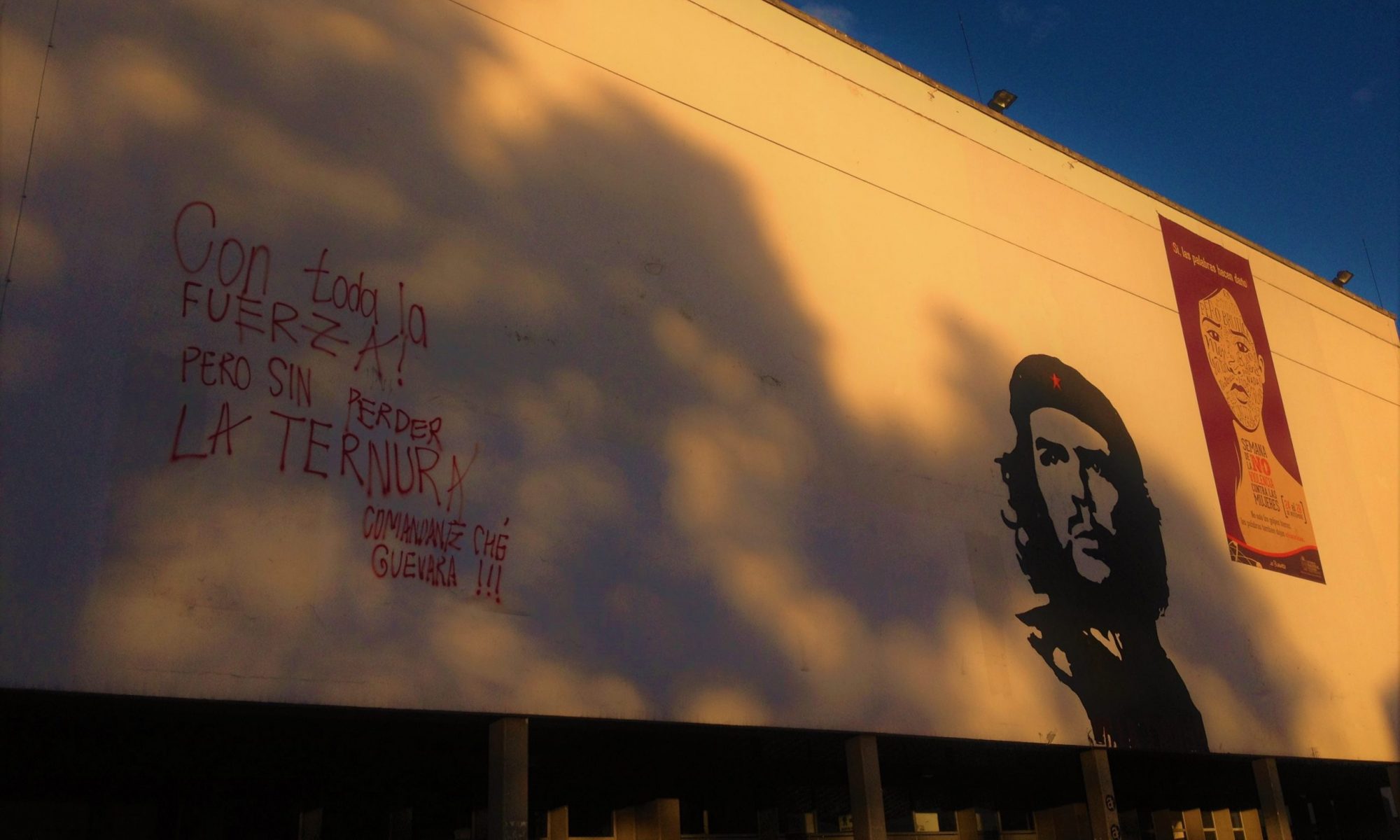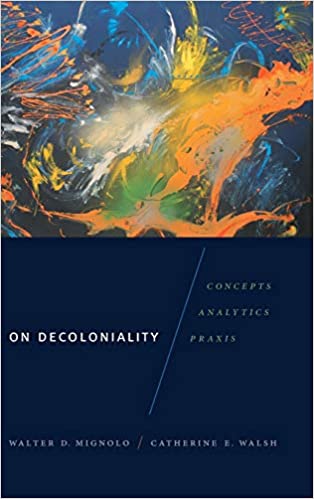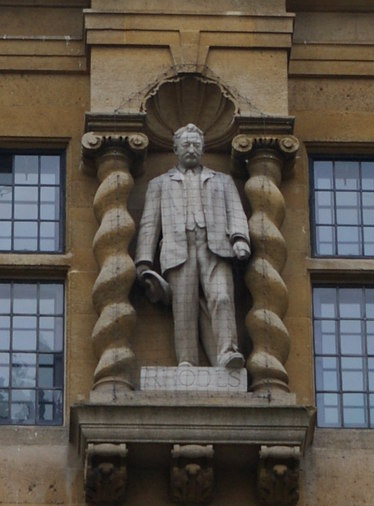The launch of our new Decolonising Modern Languages and Cultures blog comes at a critical time for interrogating and understanding our histories, institutions and positionalities. While I have long thought of myself as a Postcolonial Studies scholar, it is only in recent years that my own research has taken a ‘decolonial turn’, and I want to use my first post for this blog to reflect on my individual trajectory and to make sense of the shifts in my own thinking.
Trauma narratives
My background is in French and Francophone Studies and my research projects over the past 15 years have included analysing the work of Haitian migrant writers in Quebec, cultural translation in China–Africa relations and, most significantly, testimony bearing witness to the 1994 Genocide against the Tutsi in Rwanda.
Ultimately, my research is about storytelling. How do we tell stories about ourselves and about others? How do we use stories to make sense of the atrocities and traumas we experience? How do we interpret and engage with stories about difficult histories, and how do we understand our own implication in these histories? These questions are inevitably entangled with structures of power and privilege, and we need to be acutely aware of our own positionality in relation to the stories we listen to and the stories we tell.
But how can we develop such an awareness, and how can we fully step into the process of decolonising in our own work?
With my first book, From Surviving to Living: Voice, Trauma and Witness in Rwandan Women’s Writing (2018), which examined the testimonial literature of Rwandan women genocide survivors, I was thinking and writing about decolonising without having the vocabulary for it, or without explicitly drawing on that vocabulary in a critical manner.
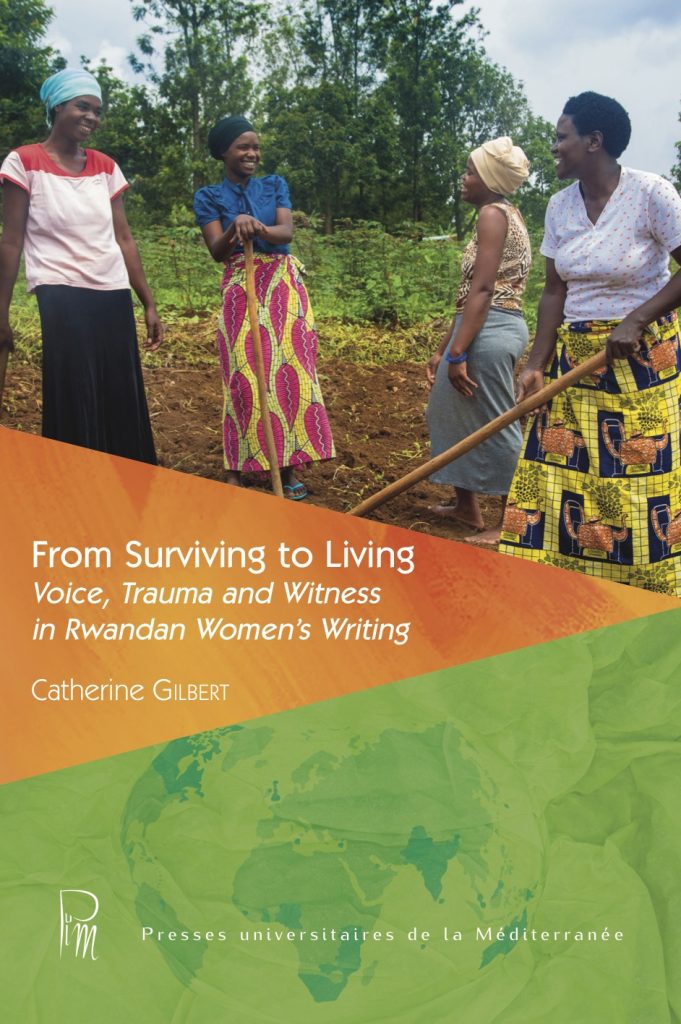
My starting point was to look at the limits of trauma theory, which has been developed in Europe and the US. It seemed to me that the claim trauma theory makes to ‘universalism’ is flawed – indeed, the very notion of the ‘universal’ is one developed in the West – and there wasn’t sufficient acknowledgement of the specificity of experiences of trauma in different sites around the globe, of the experiences of people who have lived through very different traumatic historical events and whose voices were subsequently being marginalised.
I therefore wanted to analyse Rwandan women’s writing in order to show the challenges they pose to dominant understandings of trauma. A central premise of trauma theory is that trauma defies narrative, that it is ‘unspeakable’. But this wasn’t what I was seeing in Rwandan women’s writing. The women were finding both subtle and powerful strategies to ‘speak’ the trauma and suffering they had witnessed and experienced. The problem lay instead with the ‘unhearability’ of their stories, which is the case for so many marginalised voices who lack empathetic audiences willing to listen.
Yet it was only after publication of the book that I became fully aware of the broader significance of this work, thanks to the perceptive reading of one reviewer who pointed to a ‘curious blind spot’ in the book – that the book was contributing to the project to decolonise trauma studies without explicitly acknowledging the advances in this area.
Cultivating an awareness
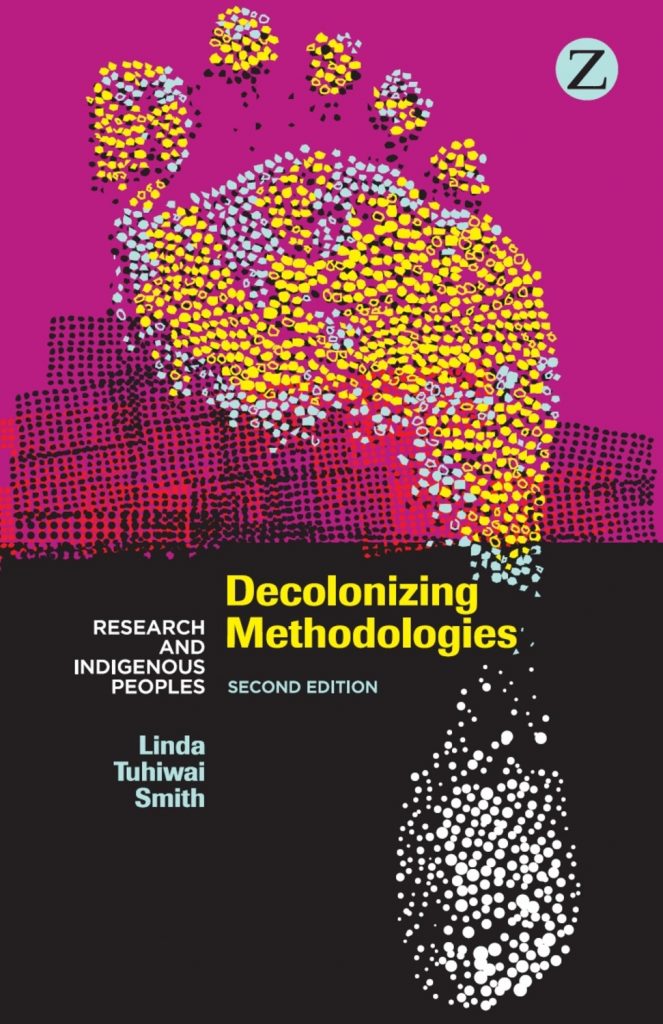
My conscious aim moving forward in my research is to engage head on with questions of decoloniality. As I shift from more literary-based research to anthropological and oral history methods, it is crucial for me to understand and maintain an awareness of the underlying power structures and my own position of privilege in this work. Indeed, as Linda Tuhiwai Smith reminds us in the opening sentence of her powerful book Decolonizing Methodologies, ‘the term “research” is inextricably linked to European imperialism and colonialism’ (2012 [1999], p. 1).
My current project, ‘Genocide Commemoration and Education in the Rwandan Diaspora’, examines commemoration from the perspective of storytelling, seeking to understand the myriad ways in which memory narratives are constructed, negotiated and transmitted in specific diasporic locations. Working with communities based in Belgium, France and the UK, this project explores how these communities grapple with the challenges of communicating their experiences of violence and exile to the host societies, who often want to ignore or even deny this history.
An important strand of the project examines the educational tools being developed for use in Belgian and British schools. What I have found so far is that, if the genocide against the Tutsi is taught at all, it tends to be in history classes, linked to the study of war and genocide more broadly, particularly the Holocaust. There is not enough focus on the colonial dimensions of Rwandan history, and students are asked, rather, to reflect on the ‘universal’ human experiences of trauma. Teaching materials frequently gloss over or underplay the role of Belgian colonial administration, indicative of a continued refusal at an institutional level to confront the afterlives of colonialism in Rwanda and to critically interrogate Europe’s implication in this difficult history.
Faced with these glaring inadequacies, it becomes impossible to do this research without acknowledging the imperative to decolonise existing education systems.
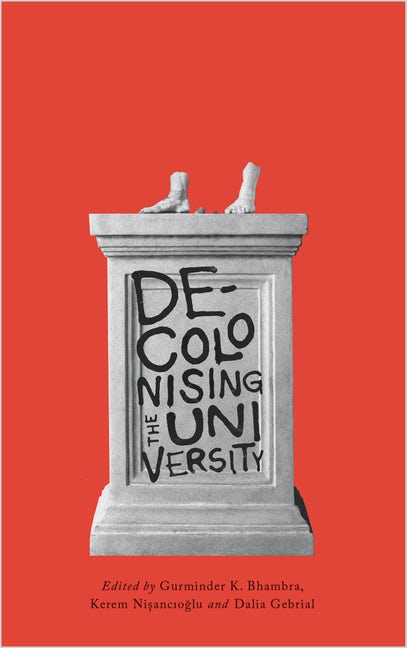
It seems to me that our task as researchers and educators is to raise awareness of the stories produced at the peripheries and to work to construct multiple and more inclusive histories that help dismantle ongoing forms of inequality and injustice. For, as the wide-ranging contributions in Gurminder Bhambra, Dalia Gebrial and Kerem Nişancıoğlu’s edited volume Decolonising the University (2018) demonstrate, a curriculum centred on multiplicity is one of the central tenets of decolonising educational institutions.
I believe that Modern Languages should be a natural home for these debates to take place, and I hope this blog will provide a forum for students and academics alike to share their experiences, exchange ideas and drive the work of decolonising forward.
References
Bhambra, Gurminder K., Dalia Gebrial, and Kerem Nişancıoğlu. (2018) Decolonising the University. London: Pluto Press.
Gilbert, Catherine. (2018) From Surviving to Living: Voice, Trauma and Witness in Rwandan Women’s Writing. Montpellier: Pulm.
Tuhiwai Smith, Linda. (2012 [1999]) Decolonizing Methodologies: Research and Indigenous Peoples. 2nd edn. London & New York: Zed Books.
[Catherine Gilbert is a Newcastle University Academic Track (NUAcT) Fellow in the School of Modern Languages. Her current research focuses on genocide commemoration and education in the Rwandan diaspora. She is the author of From Surviving to Living: Voice, Trauma and Witness in Rwandan Women’s Writing (2018), which received the Memory Studies Association Outstanding First Book Award in 2019. She is an administrator of this blog.]
